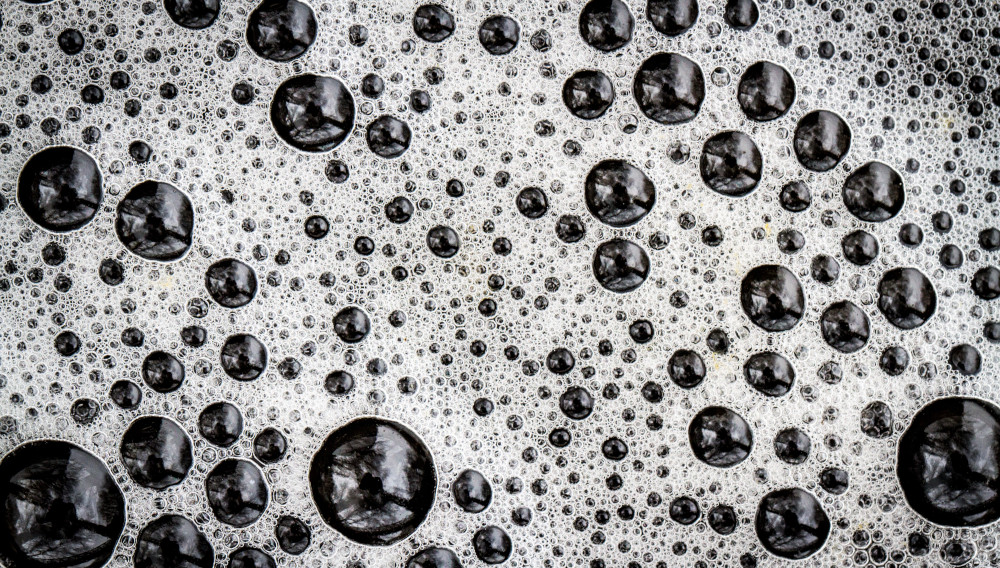Kerry announces results of sustainability life cycle assessment
Enzymes | In November 2020, Kerry, the international Taste & Nutrition company from Ireland, released a technical report detailing the results of a sustainability life cycle assessment (LCA) conducted on Kerry’s range of brewing ingredients and enzymes (a study already mentioned in BRAUWELT International no. 5, 2020, pp. 348-351).
The LCA conducted in conjunction with global-leading sustainability experts Jacobs Engineering examined a number of Kerry brewing solutions and found a cumulative third-party-verified benefit of energy savings reaching 19 % and CO₂ reductions of 41 %. Production cost savings were cumulatively found to be EUR 1.70 per hectolitre.
There are six key components in a beer’s life cycle sustainability analysis: packaging, refrigeration, distribution, raw materials, brewing operations and waste management. The latter three involved in brewing operations were the focus of this LCA, and the study found significant improvements when processing aids and an enzyme were applied.
Impact of Kerry brewing products
FermCap™, Kerry’s antifoaming agent, prevents excessive foaming during production by lowering surface tension. In the LCA study, the application of this antifoaming agent delivered energy savings of 8 % and a CO₂ emissions reduction of 19 %. Biofine™ is used to flocculate yeast at the end of fermentation. The study found that this delivered a 14 % reduction in maturation time, a doubling of filtration cycles, and a drop of 50 % in filter aid consumption. Other benefits included a 1 % reduction in beer loss, a 5 % CIP reduction, 8 % lower energy use, and 17 % reduction in CO₂ emissions.
The LCA also examined the impact of other Kerry brewing products, including Bioglucanase™, an enzyme that improves filtration performance; Whirlfloc™, a copper fining agent used to increase wort recovery and filter run lengths; and Yeastex™, comprised of fermentation nutrients able to reduce fermentation times and increase yields. Cumulatively, these innovations yielded in a 19 % reduction in energy usage and a 41 % lowering of CO₂ emissions. Total monetary savings amounted to EUR 1.70 per hectolitre.
The LCA study model was based on a medium- to large-sized brewery producing one million hectolitres per annum with 100 % malt and wort at 18 ˚P.
Keywords
enzymes energy efficiency sustainability carbon footprint
Source
BRAUWELT International 2018
Companies
- Kerry Group, Ireland


